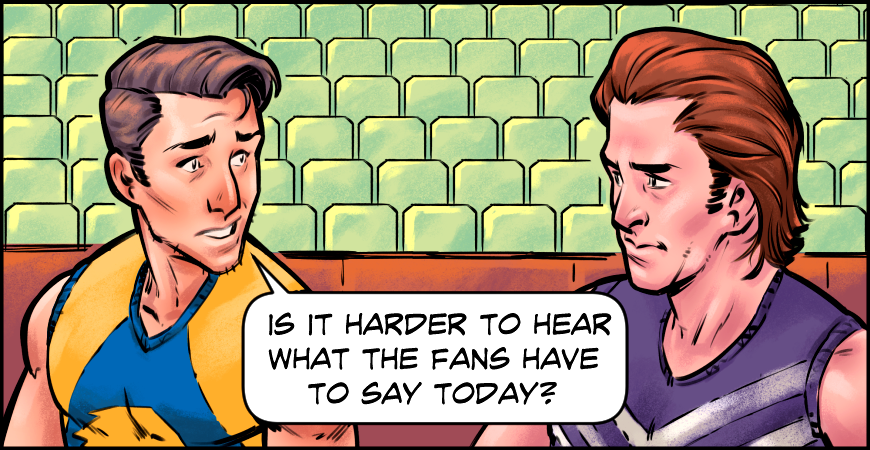Professional sports, at their core, are a public spectacle. Without the interest and attention of the public, it isn’t possible for athletes to make a living pursuing their sport.
What happens then, when professional team sports are unable to perform for the public? In 2020, we found out. Some clubs called for their members to continue to offer financial support. Others laid off “non-essential” staff to reduce costs. If the COVID-19 pandemic taught Australia’s sporting clubs anything, it’s not to take fans for granted.
It also changed the way teams had to communicate with their members and fans to hold their interest.
In the past few months alone, Western Australians have seen last-minute changes from government and unexpected outbreaks have significant impacts on sporting events.
How then have some of WA’s biggest sporting clubs – the West Coast Eagles and Fremantle Dockers – interacted with the public throughout the pandemic and what lessons can be learned?
The Eagles and Dockers have experienced similar challenges throughout the COVID-19 pandemic in terms of border closures and lockdowns. A closer look shows how they have both communicated differently about these challenges with their fanbases.
The West Coast Eagles are unquestionably the most popular AFL team in WA, with long waiting lists for memberships and a history of on-field success that has resulted in four premierships.
In addressing the ongoing uncertainty of the 2021 AFL season, Eagles CEO Trevor Nisbett laid out some of the details and the uncertainties, closing with this:
“Sadly, some of the certainties that we enjoyed in the past are gone – hopefully not forever – however, we will continue to take steps to improve, to allow us to contribute even more to our members and the community, and to provide the best possible value for your membership.”
This email, coming at the end of the 2020 season, acknowledged the feelings of the fanbase, without laying blame, offered hope and offered the required detail on practical concerns. As far as communications in a time of crisis, it’s a good example.
In May this year, Mr Nisbett had to announce that the derby would proceed without a crowd.
Mr Nisbett kept it brief, this time acknowledging the feelings of the fans and put it in the context of the health and safety of the community.
What was lacking was detail about the practical information for fans who had purchased tickets, specifically about the possibility of refunds.
In each of these examples, Mr Nisbett and the Eagles showed restraint in reacting to both good and bad news and acknowledged the feelings of the fans.
In comparison to the West Coast Eagles, the Fremantle Dockers faced a much more uncertain future at the onset of the COVID-19 pandemic in 2020.
Dockers CEO Simon Garlick painted a dire picture of the club’s future in a club statement on 25 March 2020.
“While our club has faced its challenges before it is impossible to overstate the implications this crisis has for the very existence of the Fremantle Football Club.”
This message justified severe austerity measures, including standing down more than 75 per cent of the club’s staff. Mr Garlick took an honest approach with members, outlining the realities of the situation and framed the conversation in terms of the club’s survival to put the cuts in context.
In an unfortunate situation, it was a clear, honest and direct communication.
On April 23 this year, Fremantle had to announce that fans would not be permitted at its home game against North Melbourne and the issuing of refunds was a central part of the release.
Given the different financial outlooks for each team, it’s understandable that the Fremantle Dockers would make a point to provide assurances of refunds.
For the Eagles, it makes sense that communications would focus more on feelings than finances.
Despite different approaches, both clubs have successfully executed a clear, cohesive communications strategy in the face of a crisis.
So, what lessons can be learned from these communications?
1: Be honest and clear about the elements of the crisis you can control and acknowledge uncertainty when it is beyond your control.
2: Understand your audience.
3: Adapt your messaging and approach to suit your circumstances.
Follow these guidelines and you will be well positioned to maintain the trust and connection with your supporters in times of crisis.
 ReGen Strategic
ReGen Strategic